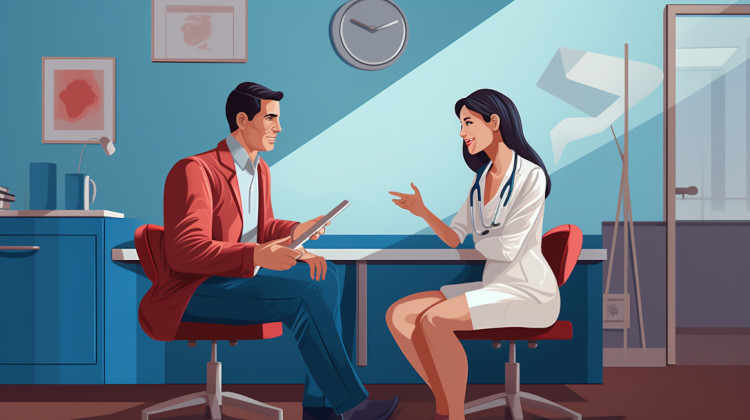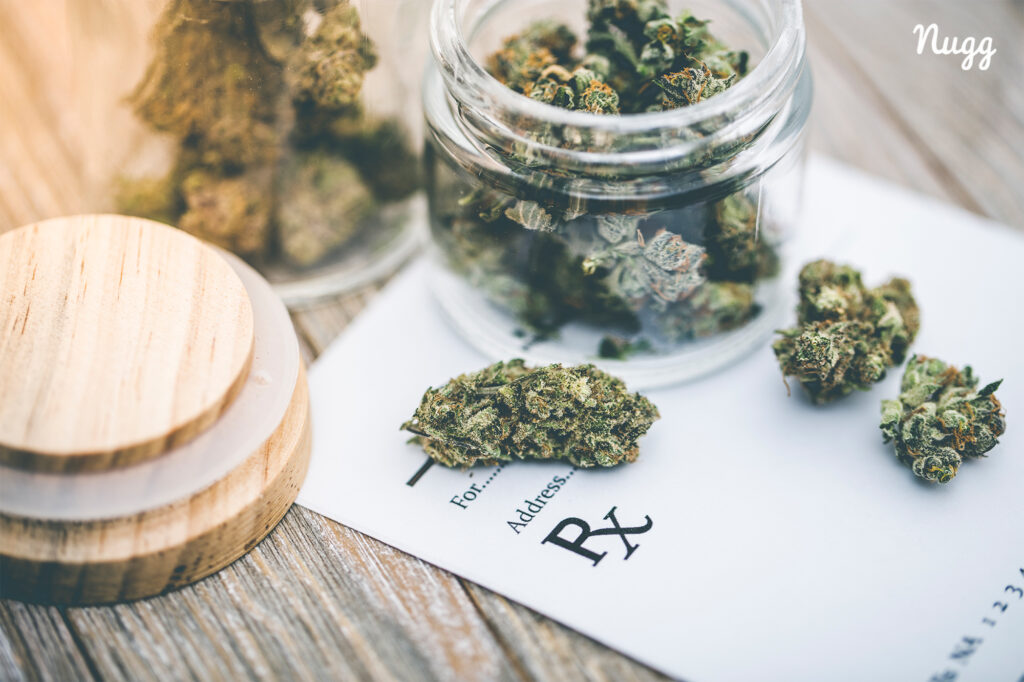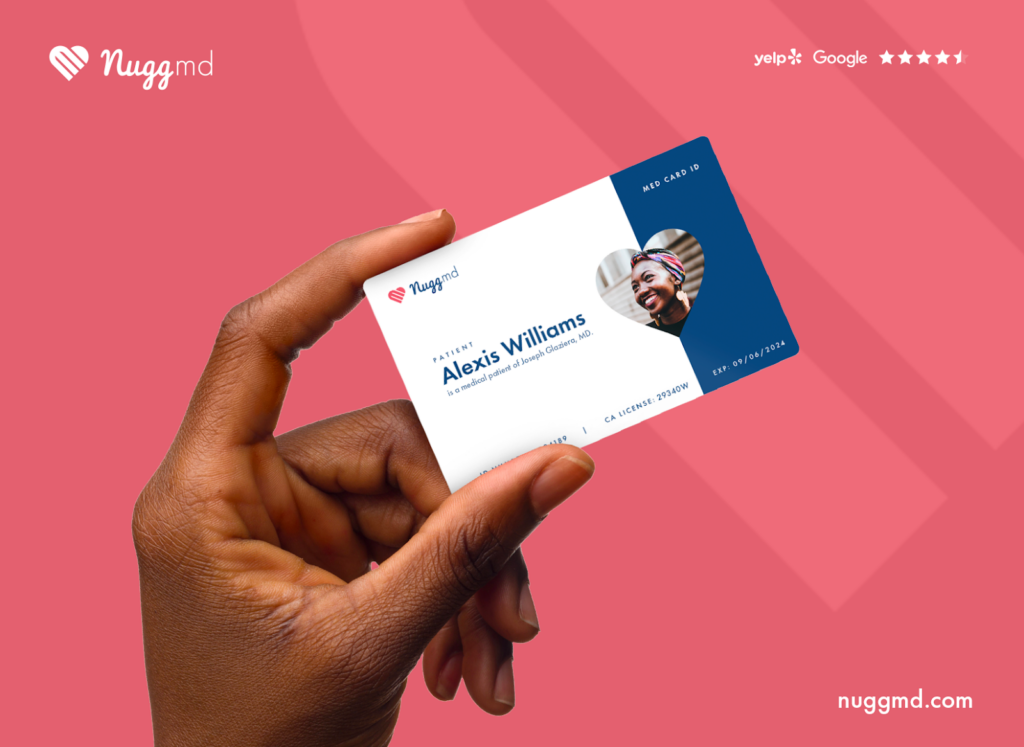
Hypoglycemia, also known as low blood glucose or low blood sugar, occurs when the body’s blood sugar level falls below the normal range and causes varying symptoms, including shakiness, sweating, and sometimes unconsciousness or seizures.
Glucose is the energy source of the cells in the human body. When the body takes in food, it breaks it down into glucose. Insulin, a hormone produced by the pancreas, helps glucose enter the blood cells for energy, and any extra glucose is stored in the liver and muscles as glycogen. The pancreas stops producing insulin when you don’t eat for an extended time. Instead, it produces glucagon, which signals the liver to break down its glycogen storage to release glucose into the bloodstream and restore blood sugar levels to the standard levels.
If this process fails, blood glucose levels can drop low enough to cause hypoglycemia, which should be addressed and treated immediately. Mild to moderate low blood sugar levels are treatable, but severe cases can lead to long-term health conditions and even death.
Hypoglycemia can happen to anyone, but it is most common in people who take medication for diabetes. The first documentation of hypoglycemia was recorded in the 1920s. It is currently reported that four out of five people with Type 1 diabetes and half of those with Type 2 diabetes report experiencing hypoglycemia bouts at least once over four weeks.
What Causes Hypoglycemia?
A variety of factors can trigger episodes of low blood sugar, including:
- Diabetic medications,
- Fasting or prolonged starvation,
- Increased or excessive physical activity,
- Overindulging in alcohol,
- Illnesses,
- Hormone deficiencies,
- Insulin overproduction.
Anyone at any age can experience hypoglycemia. Risk factors include:
- Diabetes
- Taking medications for diabetes or insulin
- Being 65 or older
- Previous episodes of low blood sugar
- Illnesses like kidney disease, heart disease, cirrhosis, hepatitis, or tumors
Reactive or postprandial hypoglycemia, which happens after eating a meal, is usually caused by:
- Alcohol
- Surgeries such as gastric bypass
- Hereditary metabolic conditions
- Tumors
Hypoglycemia unawareness is a condition where the body stops producing symptoms to the body to indicate low blood glucose levels. It can be caused by:
- Repeated episodes of low blood sugar
- Long-term diabetes
- Tightly managed diabetes
Hypoglycemia Signs & Symptoms
If you are experiencing Hypoglycemia, you may experience one or more of the following symptoms:
- Hunger,
- Pale skin,
- Shakiness,
- Dizziness,
- Confusion,
- Inability to see or speak clearly,
- Racing or unsteady heartbeat,
- Anxiousness, irritability or weakness,
- Fatigue,
- Sweating,
- Numbness in lips, tongue, or cheeks.
The following symptoms are present if the Hypoglycemia has worsened:
- Loss of consciousness,
- Seizures.
Severe cases of low blood sugar can cause:
- Coma,
- Death.
Hypoglycemia that happens while sleeping can cause:
- Nightmares,
- Sweating through clothes and sheets,
- Tiredness, fatigue, and confusion upon waking.
Symptoms can vary between patients. Seek medical attention if you are experiencing symptoms of hypoglycemia and do not have diabetes or if you have diabetes and are no longer responding to treatment.
Can Cannabis Help Alleviate Symptoms of Hypoglycemia?

Hypoglycemia is a condition that typically occurs in episodes with accompanying symptoms. Mild to moderate cases can be self-treated by eating or drinking glucose or carbohydrates and monitoring blood sugar levels. More severe cases can be treated with glucagon hormone injections and medications.
Cannabis is not widely studied as a treatment for hypoglycemia episodes. The findings from current studies remain unclear due to the limitations of self-reported cannabis usage. In most cases, it is observed more in its relationship with diabetes.
The American Journal of Medicine released a report in 2013 titled “The Impact of Marijuana Use on Glucose, Insulin, and Insulin Resistance among US Adults.” It stated a correlation between cannabis consumption and lower fasting insulin rates, which would be ideal for someone who experiences low blood sugar spells caused by too much insulin.1
A 2019 study found an association between cannabis consumption and an increased rate of Diabetic Ketoacidosis, or extreme insulin deficiency, in Type 1 Diabetics.2
How cannabis interacts with insulin and blood sugar levels may also depend on which cannabinoids are used. For people with Type 2 Diabetes, the cannabinoids THCV and CBD were found to lower blood glucose levels and increase insulin production.3
These studies may suggest a correlation between cannabis consumption and blood sugar levels. However, the relationship remains unclear, and more studies are needed to examine it further.
Symptoms of hypoglycemia include dizziness, confusion, and lightheadedness, which cannabis usage may exacerbate. Consult with your physician to determine if cannabis usage is a safe substance to consume if you are prone to experiencing hypoglycemia.
Legality and Doctor’s Recommendation
To determine if your state considers hypoglycemia to be a qualifying condition for medical marijuana, check out our Laws & Regulations section for the medical cannabis rules for your state.
If you find that your state recognizes hypoglycemia or its symptoms as a qualifying medical condition, you can seek a doctor’s recommendation to get your medical cannabis card in your state.
How NuggMD Can Help

NuggMD is the nation's leading medical marijuana technology platform, serving patients in over half the United States. We’ve connected over 1,300,000 patients with their new medical marijuana doctors face-to-face via our state-of-the-art telemedicine platform.
We believe that every human being has the right to explore the benefits of medical cannabis and are fully committed to helping each patient explore all of their options in their journey to wellness. For further information on whether you qualify for medical cannabis, select your state.
Resources
- Penner EA, Buettner H, Mittleman MA. The impact of marijuana use on glucose, insulin, and insulin resistance among US adults. Am J Med. 2013;126(7):583-589. doi:10.1016/j.amjmed.2013.03.002
- Akturk HK, Taylor DD, Camsari UM, Rewers A, Kinney GL, Shah VN. Association Between Cannabis Use and Risk for Diabetic Ketoacidosis in Adults With Type 1 Diabetes. JAMA Intern Med. 2019;179(1):115-118. doi:10.1001/jamainternmed.2018.5142
- Jadoon KA, Ratcliffe SH, Barrett DA, et al. Efficacy and Safety of Cannabidiol and Tetrahydrocannabivarin on Glycemic and Lipid Parameters in Patients With Type 2 Diabetes: A Randomized, Double-Blind, Placebo-Controlled, Parallel Group Pilot Study. Diabetes Care. 2016;39(10):1777-1786. doi:10.2337/dc16-0650
The information in this article and any included images or charts are for educational purposes only. This information is neither a substitute for, nor does it replace, professional legal advice or medical advice, diagnosis, or treatment. If you have any concerns or questions about laws, regulations, or your health, you should always consult with an attorney, physician or other licensed professional.

